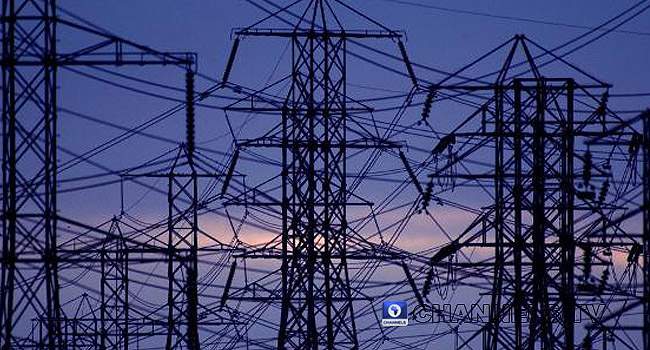New figures reveal that the Nigerian federal government paid out a staggering sum of ₦633.30bn in electricity subsidies during the first three months of 2024. This significant uptick of 150.5 percent from the preceding quarter’s ₦252.76 billion is a massive blow to the government’s pursestrings.
According to a report by the Nigerian Electricity Regulatory Commission, the government’s ballooning expense is attributed largely to the implementation of a harmonised exchange rate policy and the lack of cost-reflective tariffs across all electricity distribution companies.
“We incur a subsidy obligation due to the absence of cost-reflective tariffs across all DisCos,” said an electricity regulator. “The amount is substantial, reaching ₦211.10 billion per month on average.”
Data also suggests that electricity distribution companies, or DisCos, recorded an average shortfall in revenue collection. As a result, the total revenue collected across all companies stood at a lowly ₦291.62 billion, mere crumbs from the ⅗368.65bn billed to customers.
Not unexpectedly, there were notable inconsistencies in revenue generation among the DisCos, led by Ikeja DisCo at ₦57.88bn, followed by Eko DisCo at ₦48.74bn, with Yola DisCo trailing with a meagre ₦5.46bn. Rounding out the middle of the pack are Abuja and Port Harcourt DisCos with respective amounts of ₦48.60bn and ₦20.39bn.
With dismally low billing efficiencies, Nigeria continues to grapple with erratic electricity supply. To address these and other long-standing issues, attention must be devoted to implementing reforms targeting cost reflectivity, ensuring subsidies are truly necessary and affordable for Nigerians.
By Media Talk Africa
